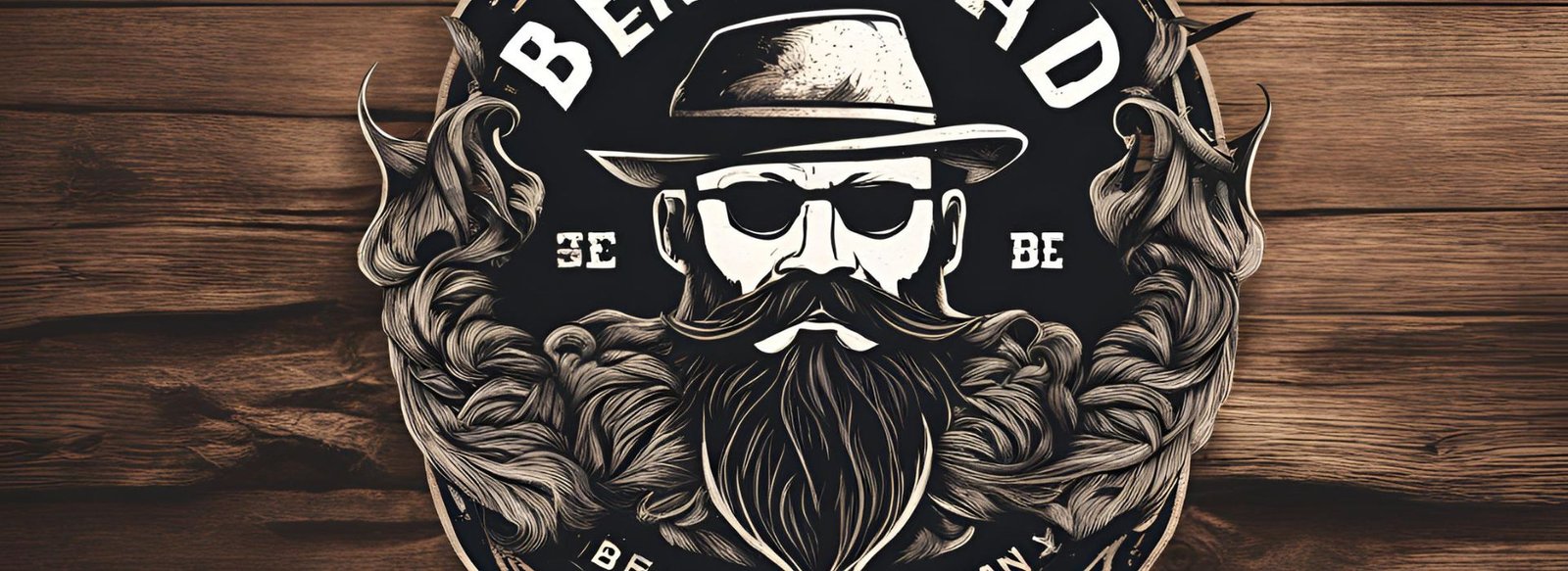For the bearded connoisseur, beard oil is a sacred elixir. A few drops of this magic potion can transform a wild mane into a tamed and stylish masterpiece.
But have you ever stopped to wonder, what exactly is in beard oil?
This article delves into the world of beard oil ingredients, exploring the key components that work together to nourish your facial hair and keep it looking its best.
The Beard Oil Breakdown: A Trio of Champions
Most beard oils are a harmonious blend of three main ingredients:
- Carrier Oils: These form the base of the oil and act as the workhorses of the formula. Packed with beneficial fatty acids and vitamins, carrier oils nourish and moisturize both the beard hair and the underlying skin. Popular carrier oils include jojoba oil, argan oil, grapeseed oil, and coconut oil. Each oil offers unique benefits, so some beard oil blends might combine several for a well-rounded approach.
- Essential Oils: These potent liquids add a touch of fragrance and can provide additional benefits for your beard and skin. Common essential oils used in beard oil include cedarwood, which promotes hair growth, and tea tree oil, which has natural antiseptic properties. It’s important to choose beard oil with essential oils diluted properly, as some can be irritating to the skin.
- Natural Extras: Some beard oils may also contain additional ingredients like vitamin E, known for its antioxidant properties, or shea butter, which offers intense hydration.
Choosing the Right Blend for Your Beard
With a variety of beard oil options available, selecting the right one depends on your specific needs.
Here’s a quick guide:
Dry and Itchy Beard:
Look for oils with jojoba oil and shea butter for deep hydration.
Patchy Beard Growth:
Consider beard oils with rosemary or cedarwood essential oil, which are believed to stimulate hair growth.
Sensitive Skin:
Opt for beard oils with all-natural ingredients and avoid harsh essential oils.
The Takeaway:
Beard Oil Ingredients Matter
Understanding the ingredients in your beard oil empowers you to choose the best product for your beard’s unique needs. By selecting a high-quality oil with natural ingredients, you’re investing in the health and appearance of your prized facial hair. So, next time you reach for that beard oil bottle, take a moment to appreciate the science and nature working together to keep your beard looking its best.
Decoding the Label: Understanding Beard Oil Ingredients
Now that you’ve grasped the three main categories of beard oil ingredients, let’s delve a little deeper into some popular choices within each group:
Carrier Oils:
Jojoba Oil:
Often hailed as a liquid gold for beards, jojoba oil closely resembles the natural sebum produced by our skin.
This allows for excellent absorption and provides deep hydration without feeling greasy.
Argan Oil:
Rich in vitamin E and fatty acids, argan oil nourishes the beard and promotes a healthy shine. It’s also known for its potential to tame frizz and flyaways.
Grapeseed Oil:
This lightweight oil is a good option for those with oily skin, as it absorbs quickly and won’t leave a greasy residue. It also boasts anti-inflammatory properties that can soothe irritated skin.
Coconut Oil: While a popular choice, coconut oil can be comedogenic (pore-clogging) for some.
However, if your skin tolerates it well, coconut oil offers excellent moisturizing properties.
Essential Oils
Cedarwood Oil:
This woody-scented oil is a favorite for its potential to stimulate hair growth. It may also help regulate sebum production, keeping your beard from becoming greasy.
Tea Tree Oil:
Known for its natural antiseptic properties, tea tree oil can help combat beard dandruff and irritation. However, use it sparingly as it can be quite potent.
Lavender Oil:
This calming oil adds a relaxing scent to your beard oil blend. It may also help soothe itchiness and promote restful sleep.
Natural Extras:
Vitamin E:
A powerful antioxidant, vitamin E helps protect your beard hair from damage caused by free radicals. It may also contribute to a healthy scalp environment.
Shea Butter:
This rich butter offers intense hydration and can help soften even the coarsest beards. However, its thick consistency may not be ideal for all beard types.
Remember
When choosing a beard oil, always patch test it on a small area of your skin first to check for any allergic reactions.
By understanding the ingredients and their functionalities, you can become a beard oil connoisseur, selecting the perfect blend to keep your facial hair healthy, handsome, and a source of pride.



